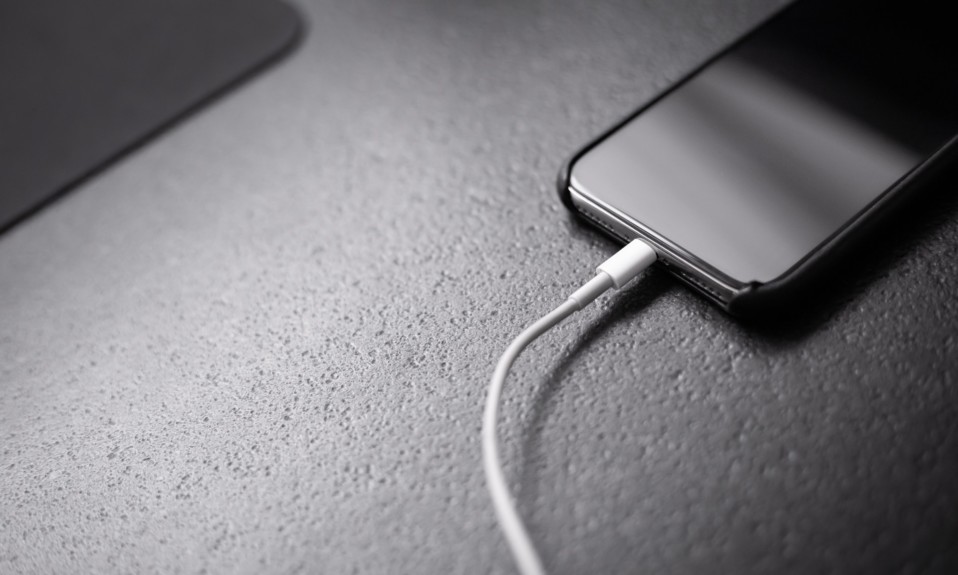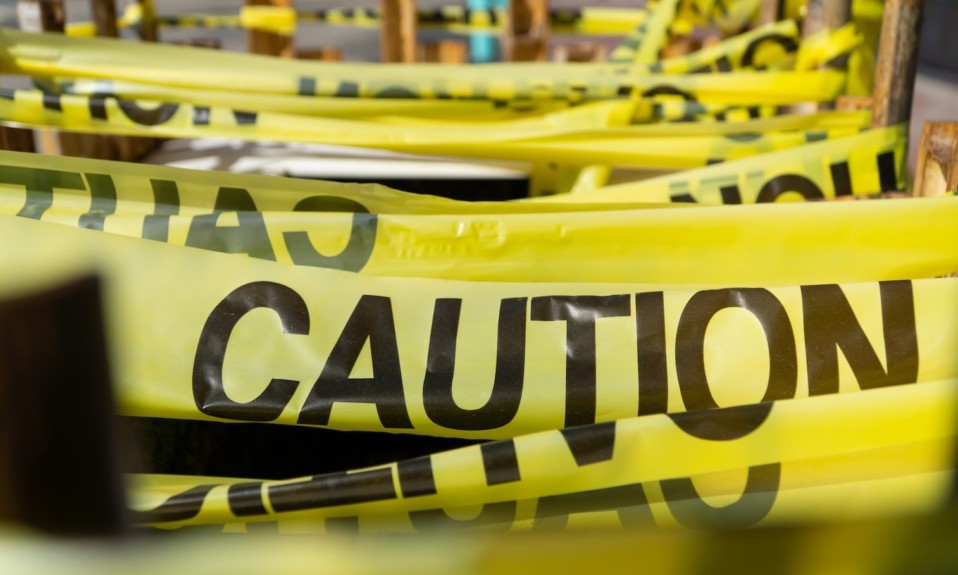Plus: Sanctions on fentanyl to Russia, industry awards, and more addiction treatment news
New & Next: Services
By Mark Mravic
988 Suicide Lifeline Sees Big Rise in Use in Its First Month
The Substance Abuse and Mental Health Services Administration (SAMSHA) announced that the national three-digit 988 suicide lifeline saw a 45% increase in the overall volume of calls, chats and texts in August 2022, its first full month of operation, compared to the previous August, when the service was a 10-digit number. The number of answered phone calls rose from 141,445 in August 2021 to 216,184 this year; text contacts soared more than tenfold, from 3,350 to 39,912; and answered chats nearly tripled, from 21,015 to 61,952.
In August 2021 the average chat initiation took 10 minutes to get a response; texts took nearly 24 minutes. This year chats were answered on average in 34 seconds, and texts in 85 seconds. As a result, only 2-3% of those contacts were abandoned before being answered.
And despite concerns before its mid-July launch that the 988 system would be overwhelmed by new users, response times and percentage of contacts that were answered improved markedly. In August 2021, the average lifeline call was answered in 52 seconds; that dropped to 36 seconds this year. Chat and text response times were dramatically better—last year the average chat initiation took 10 minutes to get a response, and consequently 70% of chats were abandoned; texts took nearly 24 minutes for a response, resulting in a 37% drop rate. This year chats were answered on average in 34 seconds, and texts in 85 seconds; as a result, only 2-3% of those contacts were abandoned before being answered. There does remain room for improvement, as 16% of phone calls were abandoned before being answered, just two percentage points better than 2021.

Administrators attribute the successful rollout of 988 to the massive influx of funding from the Biden Administration and Congress—some $680 million—to support the transition. That includes a newly announced $35 million grant to support services in tribal communities, which face distinct challenges in accessing technology and crisis care.
“Our nation’s transition to 988 moves us closer to better serving the crisis care needs of people across America,” said Health and Human Services Secretary Xavier Bacerra. “The transition to 988 is just the beginning. We will continue working towards comprehensive, responsive crisis care services nationwide to save lives.”
New & Next: Policy
U.S. Blocks Fentanyl Exports to Russia
Fearing its potential use as a chemical weapon that could support Russia’s military aggression in Ukraine, the U.S. Department of Commerce said last week that it would strictly limit the export of fentanyl, its precursors and its derivatives to Russia and its ally Belarus. The move aligns the U.S. with the European Union, which in June included fentanyl and related opioids in its sixth package of sanctions on Russia, citing the country’s past use of the “toxic chemicals.” That was a reference to the notorious 2002 incident in Moscow in which Russian security forces pumped aerosolized carfentanil into a besieged theater, killing 40 Chechen terrorists and 130 innocent hostages.
“The expansion of these export controls … implemented in parallel with similarly stringent measures by partner and ally countries, will further limit access to items that enable Russian military capabilities and sources of revenue that could support Russia’s military capabilities, thus enhancing the effectiveness of the multilateral sanctions,” the Department noted.
In March the U.S. Food and Drug Administration (FDA) approved a naloxone injector, created in conjunction with the Defense Department, for emergency use on the battlefield in the event that high-potency opioids are suspected to have been dispersed.
New & Next: Awards
A Golden Goose for Snail Venom
Two researchers and their former student assistants have earned a 2022 Golden Goose award from the American Association for the Advancement of Science (AAAS) for an unusual breakthrough in non-opioid pain relief. Lourdes J. Cruz of the University of the Philippines, Baldomero Marquez Oliveram and J. Michael McIntosh of the University of Utah, and the late Craig T. Clark received the award, one of three Golden Gooses bestowed this year, for their unexpected discovery of a pain reliever hidden in the venom of the cone snail. Their decades-long research led to the development of the potent non-opioid ziconotide, commercially known as Prialt, which has been a “life-changing” alternative to opioids for patients with cancer, AIDS and other chronic conditions.
The Golden Goose Awards, the AAAS says, “spotlight scientific research that may have appeared obscure, sounded funny, or for which the results were unforeseen at the outset but ultimately, and often serendipitously, led to breakthroughs.”
Last Chance for ASAM Award Nominations
Know someone doing great work in addiction medicine? The deadline to nominate candidates for the American Society of Addiction Medicine (ASAM)’s 2023 Conference Awards has been extended to this Friday, Sept. 23. Award categories include:
- The ASAM Award for the Promotion of Inclusion, Diversity, Equality and Justice in Addiction Medicine
- The John P. McGovern Award on Addiction and Society
- ASAM Annual Award
- Media Award
- Public Policy Award
- ASAM Training Directors Award
For more information on the nomination process, including required supporting material, and to submit candidates, go to the ASAM online portal. Awards will be presented at the ASAM conference in Washington, D.C., April 13-16, 2023.
New & Next: Conferences
AAAP to Convene in December in Florida
The American Academy of Addiction Psychology’s 33rd annual meeting and scientific symposium will take place Dec. 8-11 in Naples, Fla. The conference offers participants the opportunity to meet top leaders in the addiction psychiatry field and hear the latest in research and clinical approaches regarding substance-related and addictive disorders. Symposia subjects include cannabis policy and science, improving outcomes in medication-assisted treatment, treatment challenges in marginalized communities, and psychedelics in SUD treatment. For more information and to register, go here.
Top photo: Andreas Haslinger













